
Google’s decision to ban user testimonials from app descriptions in the Google Play store could make certain aspects of app discovery more difficult. (Image source: Google Play screen shot)
Perhaps Crest did it best when it kept it simple with that old claim that four out of five dentists recommended its toothpaste. It’s not the way we normally think of testimonials, but companies have long used glowing comments from customers in some way that get reproduced on websites, including blurbs from critics plastered on movie posters and book jackets.
Android apps, at least in Google’s view, should be considered a different beast altogether.
In a recent change to its Google Play store developer guidelines, the company suggested there were too many times when what was supposed to be honest validation of an app or mobile game seemed more like an exercise in manipulative app store optimization.
“Please do not include user testimonials in your app description. They tend to be dubious and are frequently utilized to include references to popular search terms and competitor apps in violation of the policies outlined here,” Google noted under the “Keyword Spam” section of its Play policies and procedures. “Let your users speak for themselves via Play’s comment review system.”
According to experts in the marketing of Android apps, Google’s decision won’t put any developers out of business overnight, but it could make certain aspects of discovery and driving installs more difficult.
“It’s a reasonable request,” said Jeff Hughes, who published a book called Android Apps Marketing. “Testimonials are an effective way to promote a product but Google is asking developers not to place them in the app description because they can’t be verified and in some cases developers are using certain keywords found in other similar apps so that their own apps will be found in a search. Google, like Apple, is trying to ensure a more level playing field for all app developers.”
According to Tom Cummings, client accounts director at app marketing firm Fiksu, users are already well-conditioned to look at the reviews section to see what other “real” people think.
“App developers should use their descriptions to highlight what their apps do, provide meaningful updates, and outline key features and benefits,” he said. “App developers that give more time and attention to user feedback and reviews, when improving their apps, are most likely to improve their actual ratings.”
Value of testimonials varies
Dave Bell, co-founder and CEO of Gummicube, advises a range of clients on marketing app strategies. He said the value of user testimonials varies largely based on the type of application.
“For most consumer applications, the typical user behavior is to check out a couple of the most recent reviews posted of the current version of the app and base their decision on those comments,” he said. “When you are marketing an app with a more complicated value proposition (for example, like a business application) testimonials can be particularly useful.”
Like testimonials, reviews are always an important factor in the organic discovery and download of an application, said Gary Yentin, CEO and co-founder of App-Promo.
“However, that said, people tend to look at reviews as an aggregate and hence look at the sum of all the reviews for the application in the review section, so removing the one or two from Google Play will not make much of an impact,” he said. “The best form of app marketing is organic and social where people refer the app to their friends. This is still the most powerful and most viable form for app marketing.”
Bell, however, said good app store optimization (ASO), which has become a bigger topic in mobile circles over the last year, is far from an attempt to fool consumers.
“With millions of apps in the marketplace, the app stores are becoming more and more like the Internet and today 70 percent of all downloads are actually coming from search,” he said. “Even when you look at paid marketing channels, having an understanding of organic user demand and user behavior inside the app stores can help developers design advertising/promotional campaigns that have higher conversion and better returns.”
The historical challenge with ASO, Bell added, is that nearly all of the keyword tools in the marketplace simply pipe in data from Google Web Search or the Google Keyword Planner. “Unfortunately, there is very little overlap between web search behavior and mobile search behavior in the app stores–so finding a partner with the right dataset is extremely important,” he said. Gummicube is focusing on aggregating this kind of data and leveraging it for its clients.
Apple had similar concerns
This issue is by no means isolated to Google. Several years ago, Hughes pointed out, Apple stopped allowing reviews by those who received a free download code from the developer. Apple had a similar concern, that the reviews from free downloads would naturally be tilted in the app’s favor.
“I would also draw a distinction between copying a review from iTunes, which may be less desirable or have less value, versus including an added-value testimonial like providing a snippet of a review from a magazine or website,” he said, adding that while it’s possible that Apple may implement similar policies, it is likely that it will pursue an agenda to guard its specific ecosystem, “which isn’t really the same ‘under the hood’ as Google Play.”
Cummings agreed. “The one exception would be testimonials included from major publications or reputable reviewers,” he said, citing online journals such as Lifehacker, “but even then it may cause the app description to be rejected. Developers will have to decide on a case-by-case basis if the endorsement is worth the risk of delaying approval.”
Google’s decision doesn’t necessarily mean developers should avoid testimonials, especially if they are legit, Hughes said. The Play store isn’t the only place to post them. “By all means use testimonials on your app’s website if you have one… and you should,” he said, noting some developers lack even basic ways to be found online. “Cross marketing between apps from the same developer is also another way to gain more exposure for your app.”
This article appeared in Fierce Developer on Jan 12th, 2015 –
http://www.fiercedeveloper.com/story/why-google-play-banning-app-testimonials-and-what-developers-should-do-inst/2015-01-12
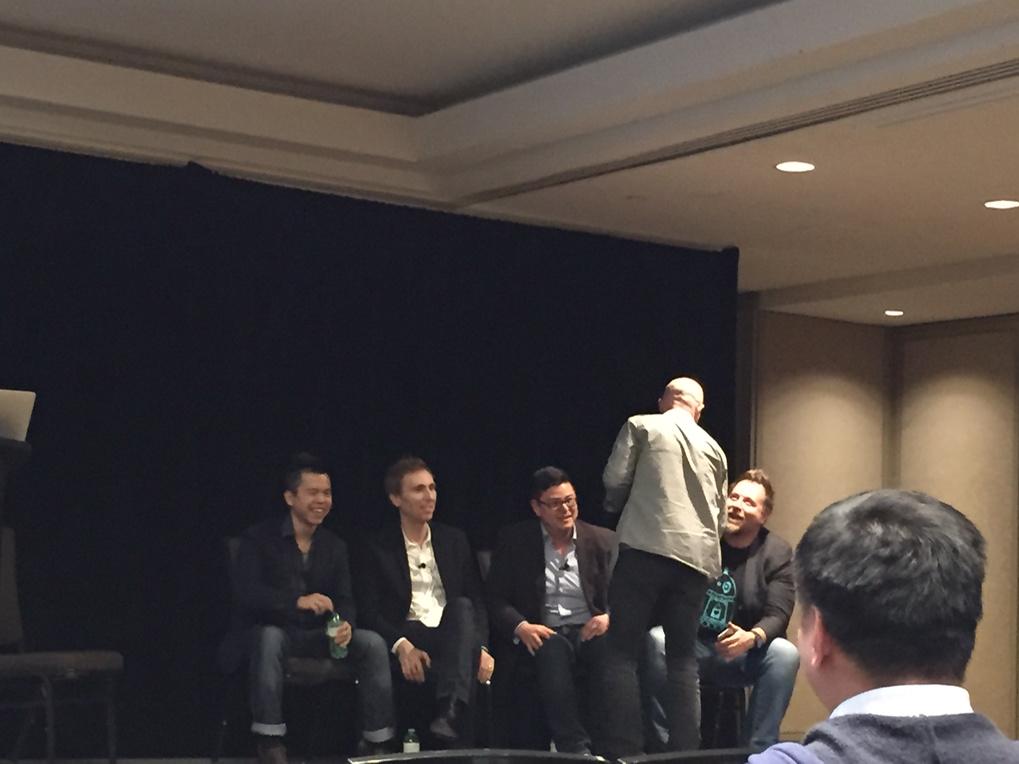





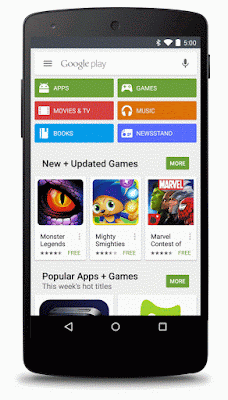








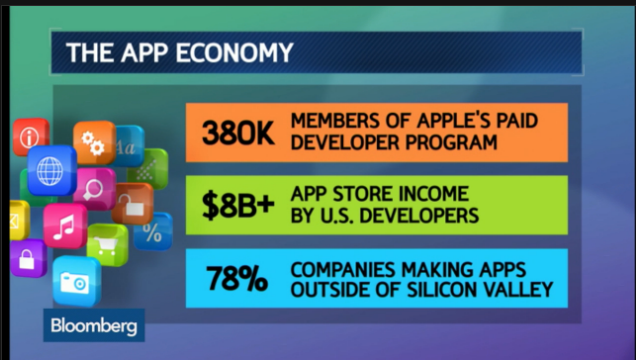
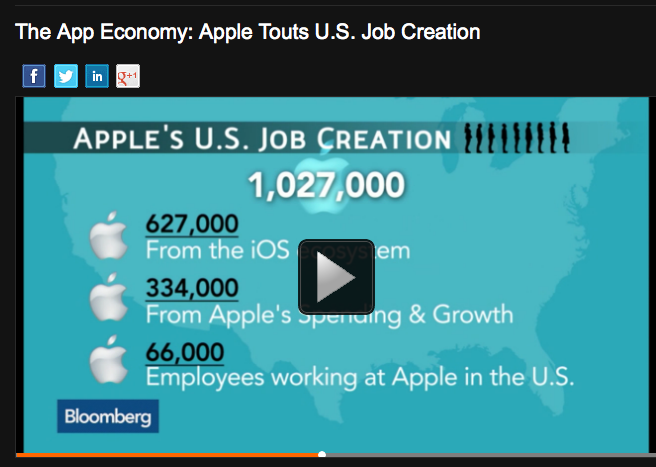
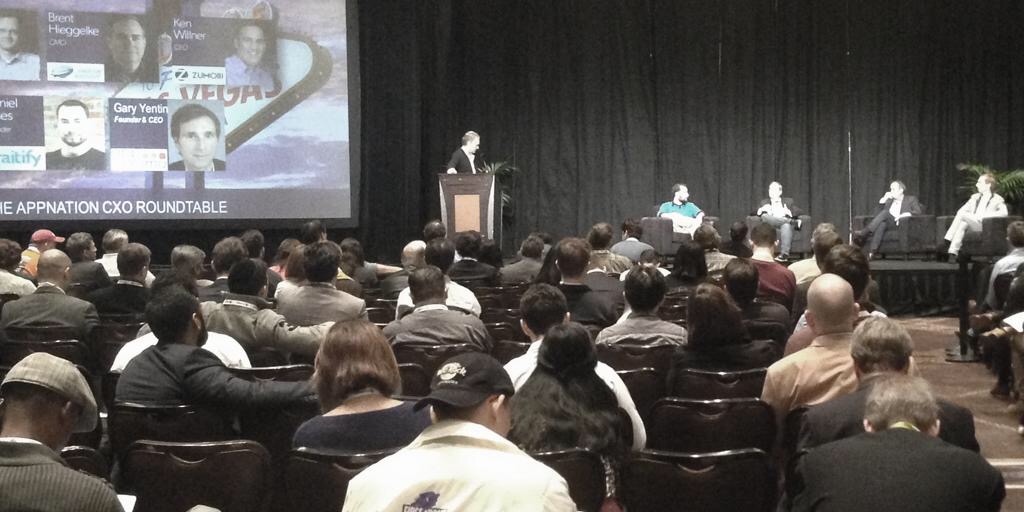
This client is very satisfied with their long-term partnership with App Promo. This client highly recommends App Promo and points to their understanding of the mobile ecosystem and reliability as reasons for recommendation.